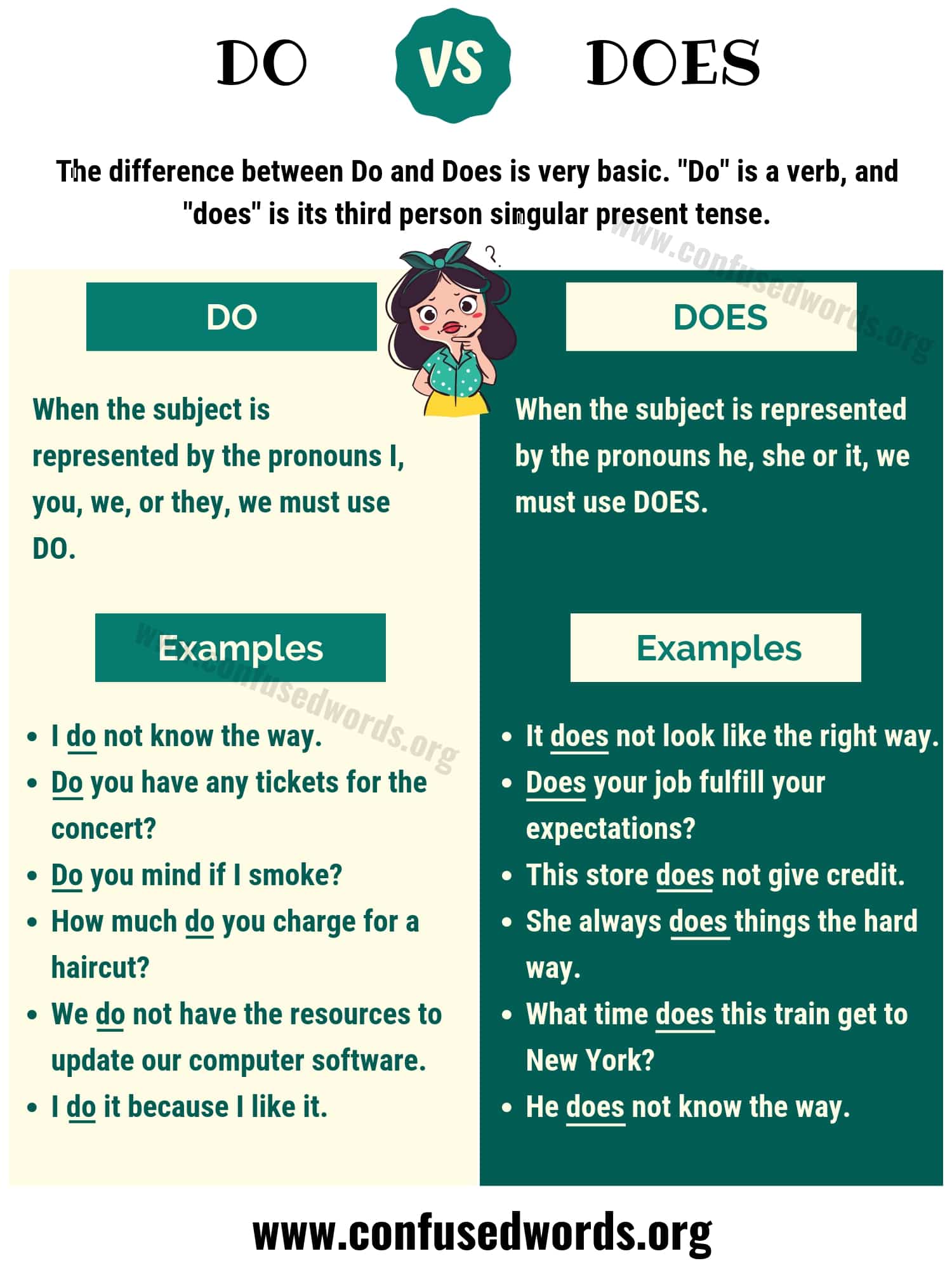How Long Is Health Information Protected After Death? Understanding HIPAA’s 50-Year Rule
Introduction: The Longevity of Health Information Privacy After Death
Understanding the protection of health information after a person’s death is crucial for families, healthcare providers, and legal professionals. The Health Insurance Portability and Accountability Act (HIPAA) establishes a specific timeframe during which a deceased individual’s medical records remain confidential, limiting who may access this sensitive information and under what circumstances. This article provides a comprehensive overview of how long health information is protected after death, the legal standards involved, and actionable guidance for accessing or safeguarding these records.
HIPAA’s 50-Year Protection Rule Explained
Under HIPAA, a deceased individual’s health information is protected for 50 years following the date of death. During this half-century period, the privacy protections apply just as they do for living individuals. Covered entities-such as hospitals, clinics, and insurance companies-must keep medical records confidential and can only disclose them under specific circumstances permitted by law. According to the HIPAA Privacy Rule, “the protected health information of a deceased individual must be safeguarded for a period of 50 years following the death of the individual.” [1] [3] [5]
Who May Access a Deceased Person’s Health Information?
During the 50-year protection period, access to a decedent’s medical records is limited. The HIPAA Privacy Rule allows certain individuals and entities to request or receive information:
- Personal Representative : Usually the executor or administrator of the estate, or someone legally authorized to act on behalf of the deceased. This person can request medical records and authorize disclosures. [1]
- Next of Kin : If no personal representative exists, the next of kin may be permitted to access records, depending on state law. [1]
- Healthcare Providers and Insurers : May disclose information to those who were involved in the deceased’s care or payment for care, but only the minimum necessary information. [2]
- Legal Authorities : Medical examiners, coroners, and funeral directors can access relevant records for identification, determining cause of death, or fulfilling their duties. [3]
For disclosures not explicitly permitted by HIPAA, a written authorization from the personal representative is required.
Special Circumstances: Permitted Disclosures and Exceptions
HIPAA allows some exceptions to the 50-year rule under specific scenarios:
- Law Enforcement and Legal Proceedings : Health information may be disclosed to law enforcement if the death is suspected to result from criminal conduct, or as required by court order.
- Coroners and Funeral Directors : Such professionals may access necessary health records to perform their official duties, including identifying the decedent and confirming cause of death. [3]
- Research Purposes : Researchers may access PHI of decedents if the research pertains solely to deceased individuals, subject to representations and documentation requirements. [5]
- Organ Procurement : Entities involved in organ, eye, or tissue donation may access relevant health information to facilitate transplantation. [3]
Each disclosure must be limited to the minimum necessary information and must comply with any known wishes of the deceased regarding privacy.

Source: birdfeederhub.com
What Happens After 50 Years?
Once the 50-year protection period has expired, the health information is no longer considered protected under the HIPAA Privacy Rule. Covered entities may use or disclose this information without regard to HIPAA, though other laws-such as state privacy regulations or institutional policies-may still apply. “After 50 years, any such information is no longer considered protected health information and may be used or disclosed without regard to the Privacy Rule.” [5]
Practical Steps for Families and Estate Executors
If you are a family member or executor seeking access to a deceased person’s health records, consider the following steps:
- Obtain Legal Authorization : Secure documentation proving your legal authority to act as the personal representative or executor of the estate.
- Contact the Medical Provider : Request information through the hospital, clinic, or healthcare provider. Be prepared to provide proof of authority and the decedent’s death certificate.
- Specify Purpose : Clearly state why you need the records (e.g., estate settlement, insurance, or legal matters). Only the minimum necessary data will be released.
- Check State Laws : Some states impose additional requirements for accessing or releasing medical records after death. Consult your state health department or legal counsel for guidance.
- Keep Records Secure : Once received, store health information securely to respect privacy and comply with applicable laws.
Healthcare providers may also have specific forms or procedures-contact their medical records department directly for details.
Guidance for Researchers and Professionals
Researchers seeking access to health information of deceased individuals should:
- Provide written documentation that research is focused solely on decedents’ PHI.
- Demonstrate necessity for the specific records.
- Present proof of death for individuals whose records are sought.
- Follow all institutional and federal guidelines, including obtaining approval if required by the covered entity.
For more details, consult your institution’s compliance office or refer to official HIPAA guidelines by searching for “HIPAA Decedent Health Information” on the U.S. Department of Health and Human Services website.
Challenges and Solutions
Accessing health information after death can be complicated by legal, ethical, and procedural barriers. Challenges may include:
- Lack of Documentation : Without a clear legal representative, obtaining records can be delayed.
- State Law Variations : State-specific rules may affect access and requirements.
- Institutional Policies : Healthcare organizations may have additional privacy protocols.
Solutions include seeking legal advice, contacting the provider’s compliance office, and maintaining thorough documentation throughout the process.
Alternative Approaches
If direct access is unavailable or delayed, consider:
- Using a healthcare proxy or durable power of attorney, if prepared before death, to facilitate access.
- Engaging a legal professional to petition the court for access or appointment as administrator.
- Consulting with state health departments for guidance on specific procedures.
Always respect privacy and data protection principles when handling sensitive health information.

Source: pinterest.com.mx
Key Takeaways
Health information is protected under HIPAA for 50 years after death, with access tightly regulated. Only authorized individuals and entities may obtain records, and only for permitted purposes. After 50 years, the information is no longer subject to HIPAA, though other laws may apply. For families, professionals, and researchers, understanding the rules and following proper procedures ensures compliance and respects the privacy of the deceased.
References
MORE FROM 9scholarships.de













